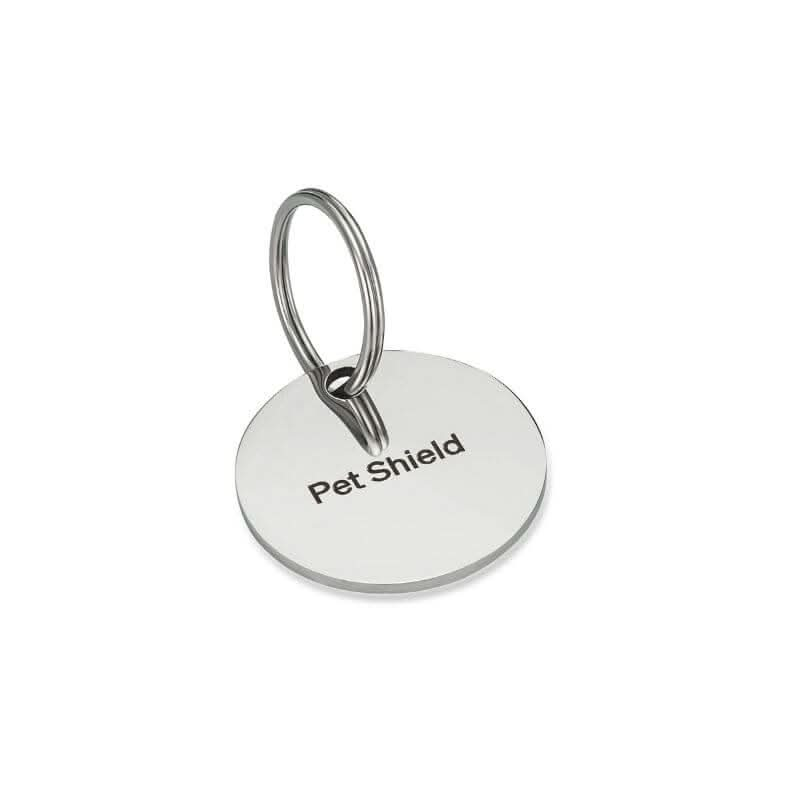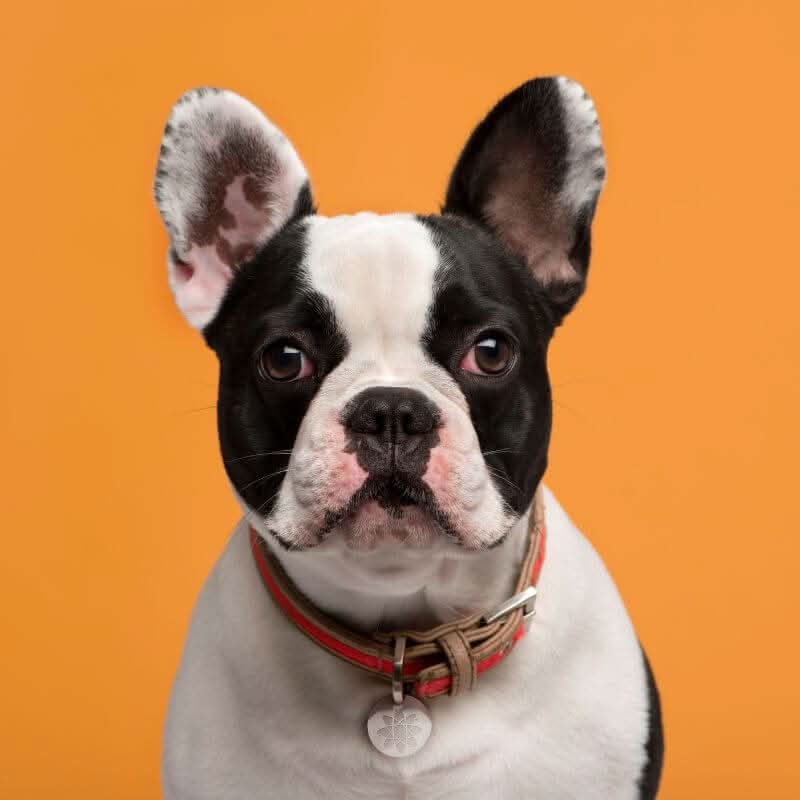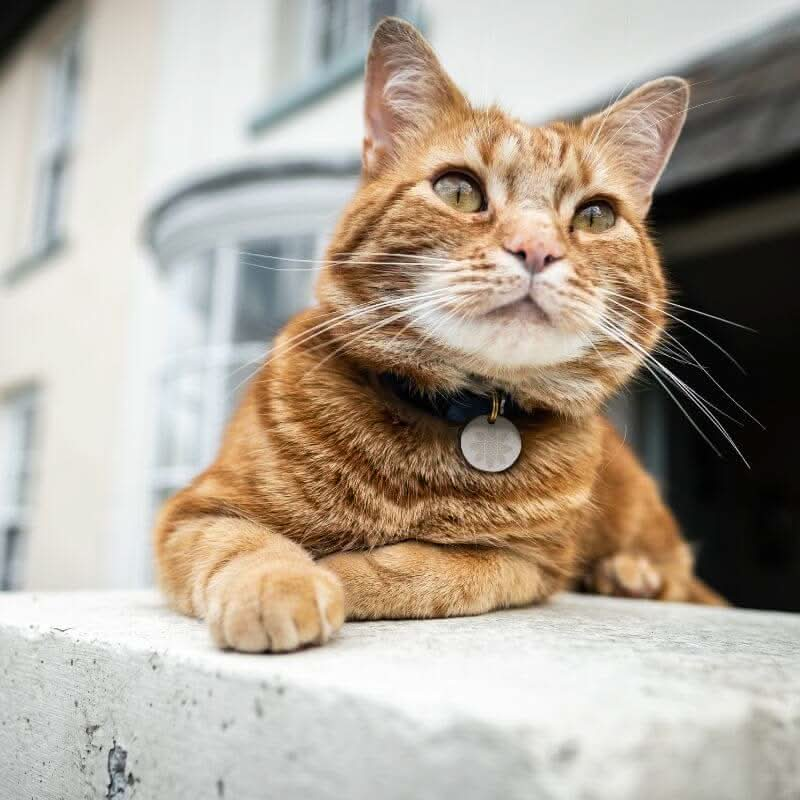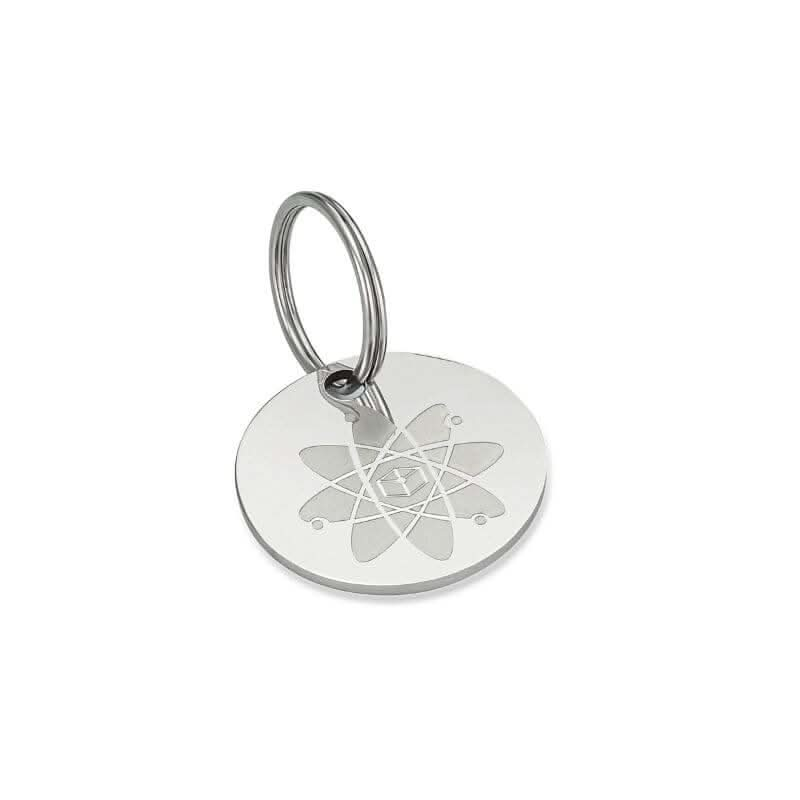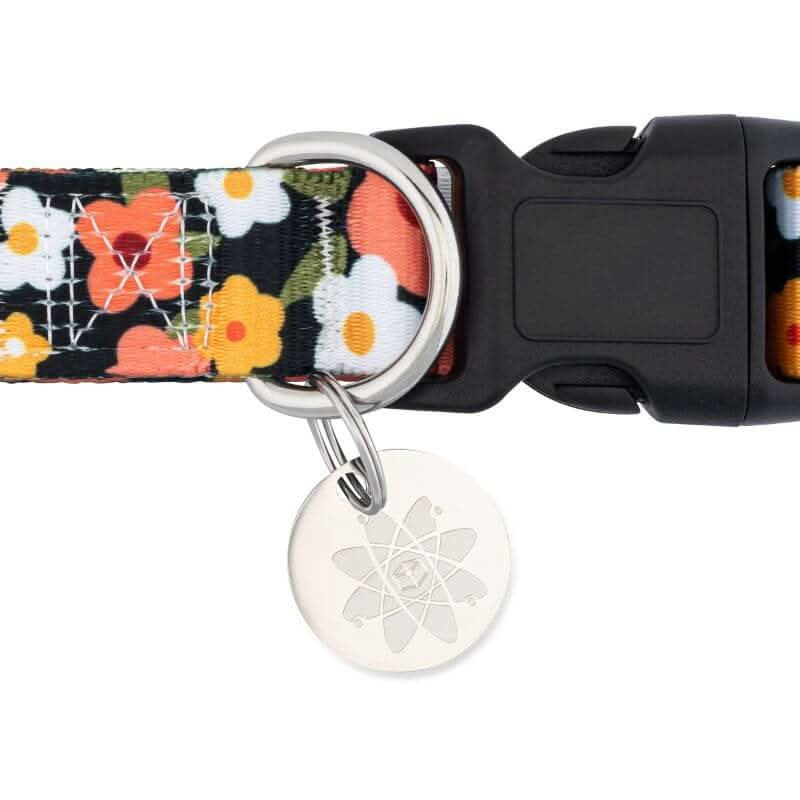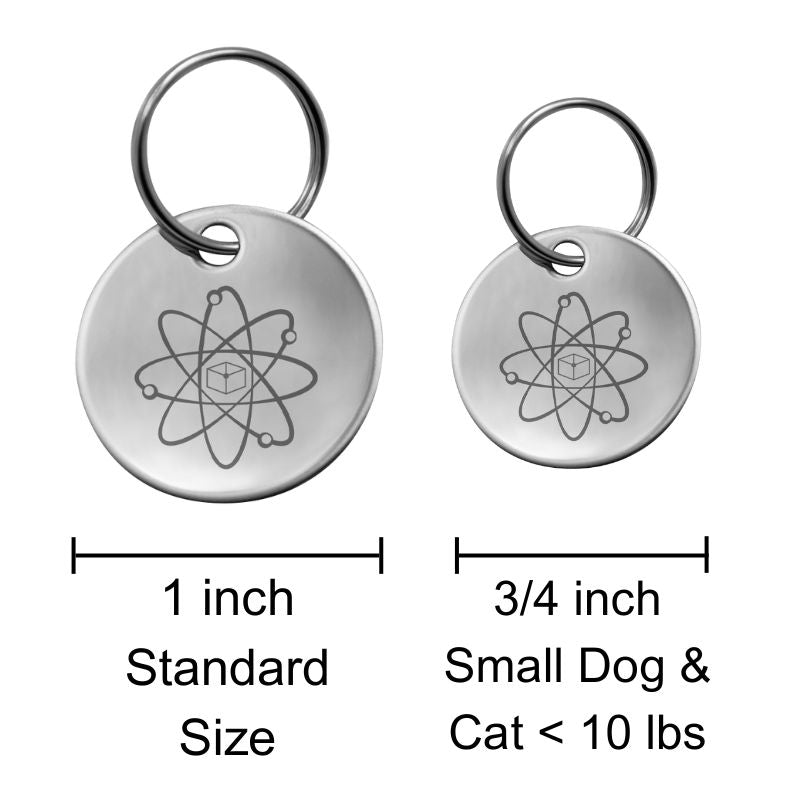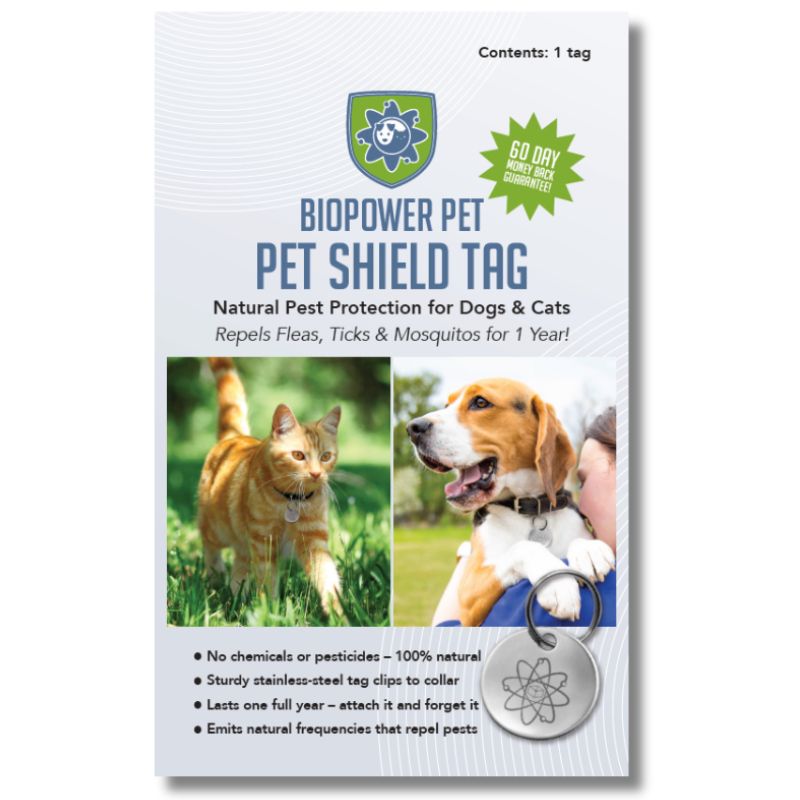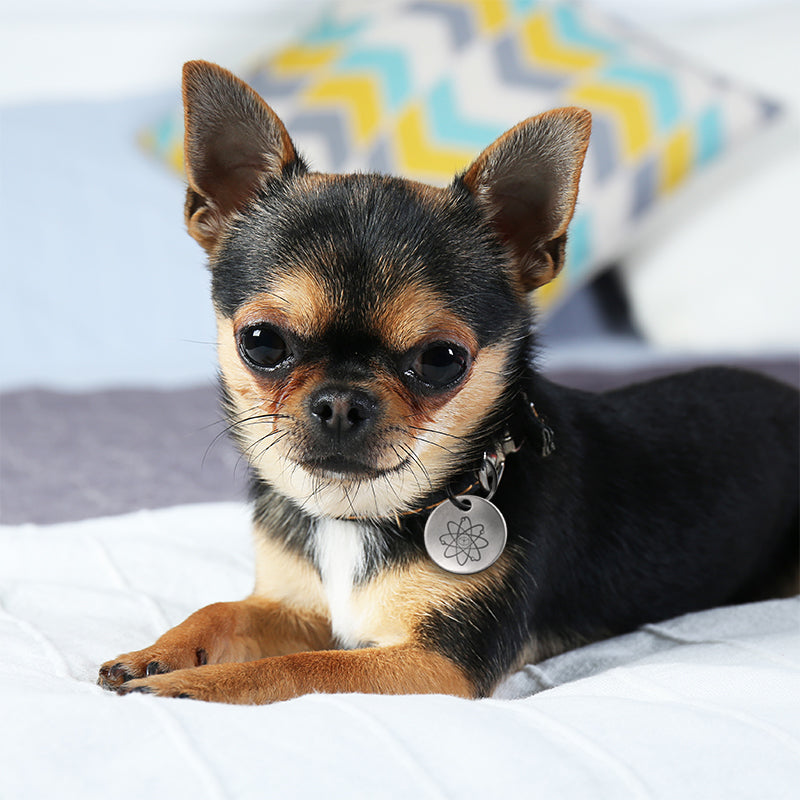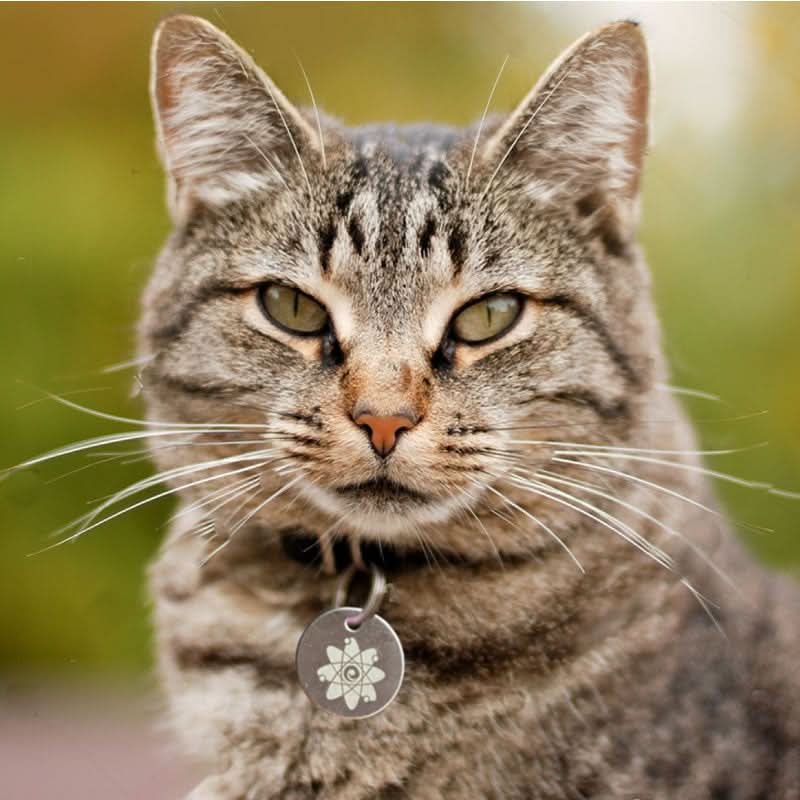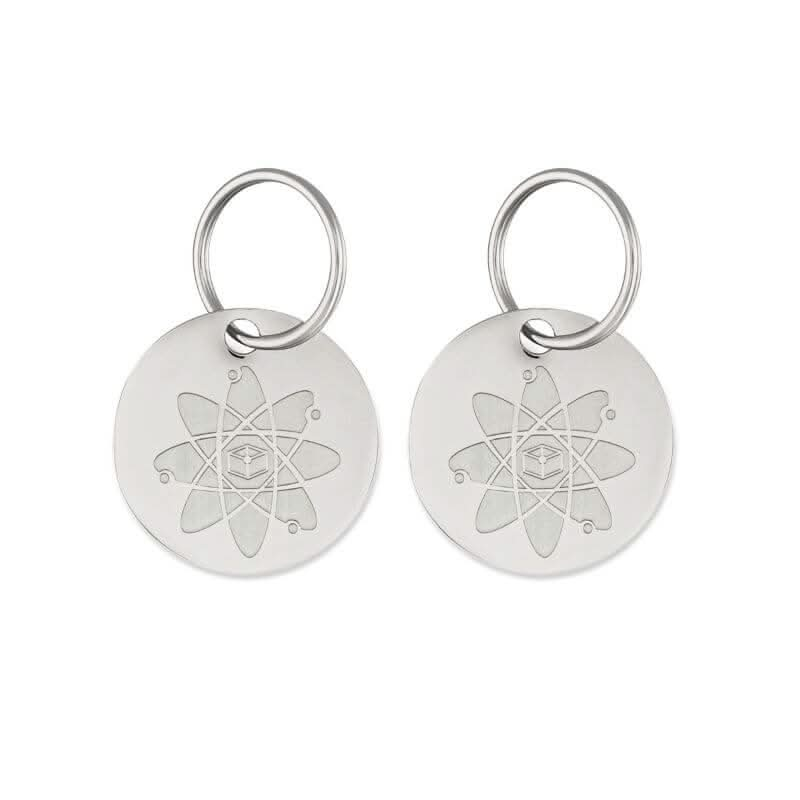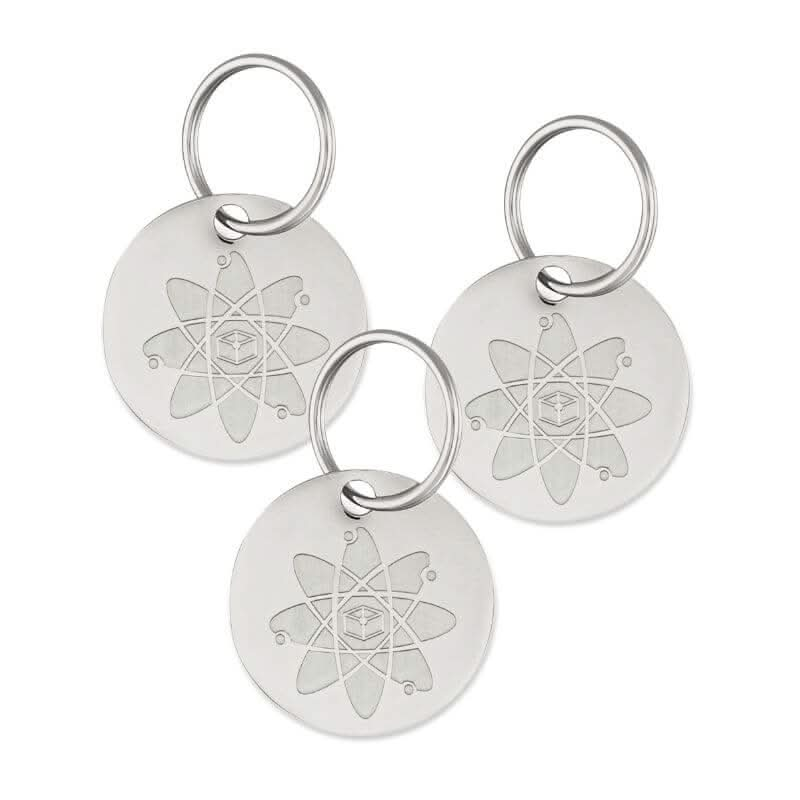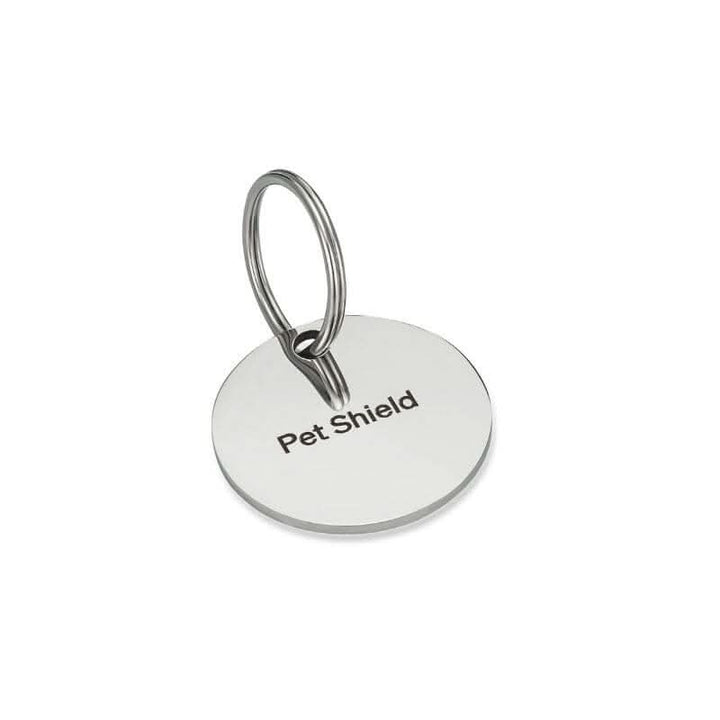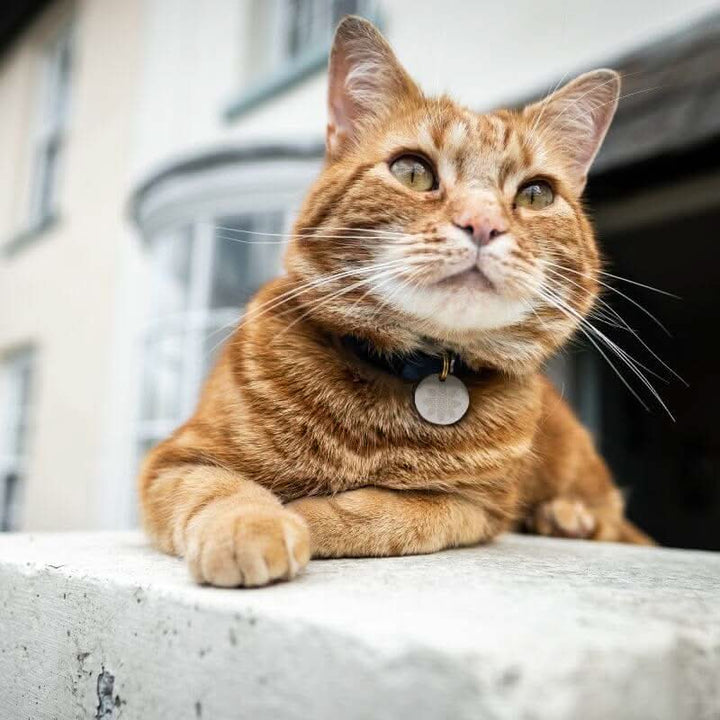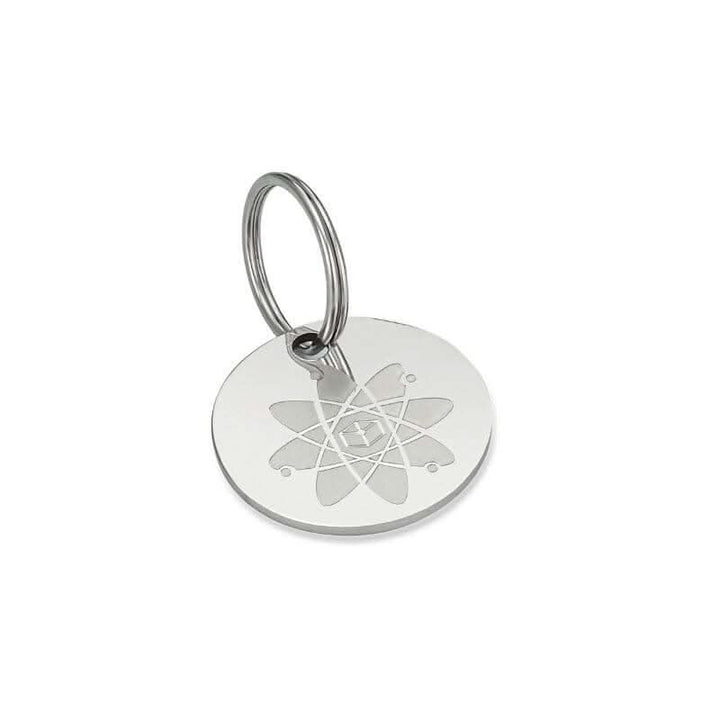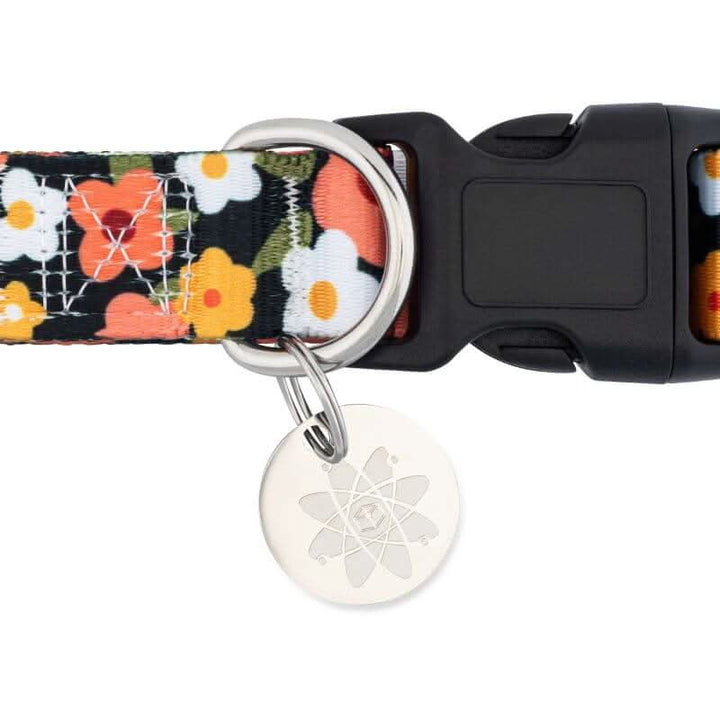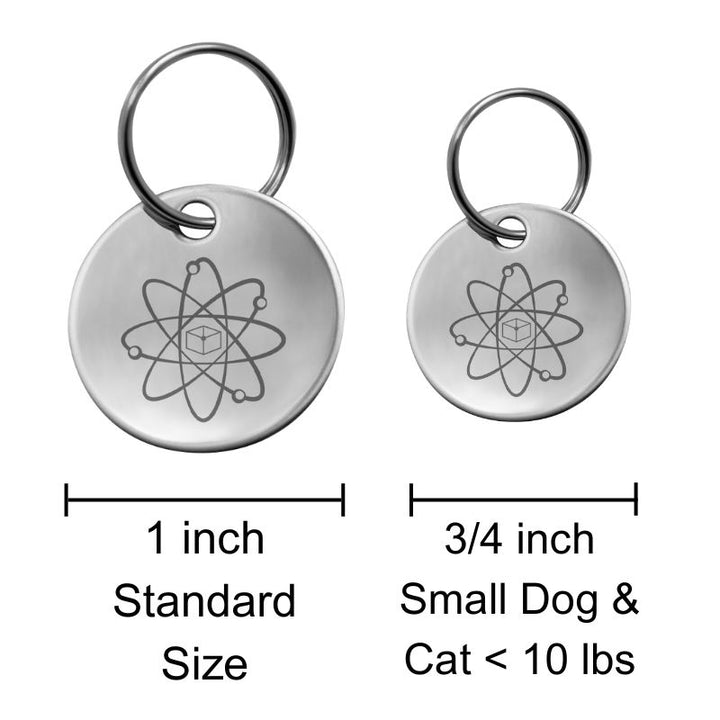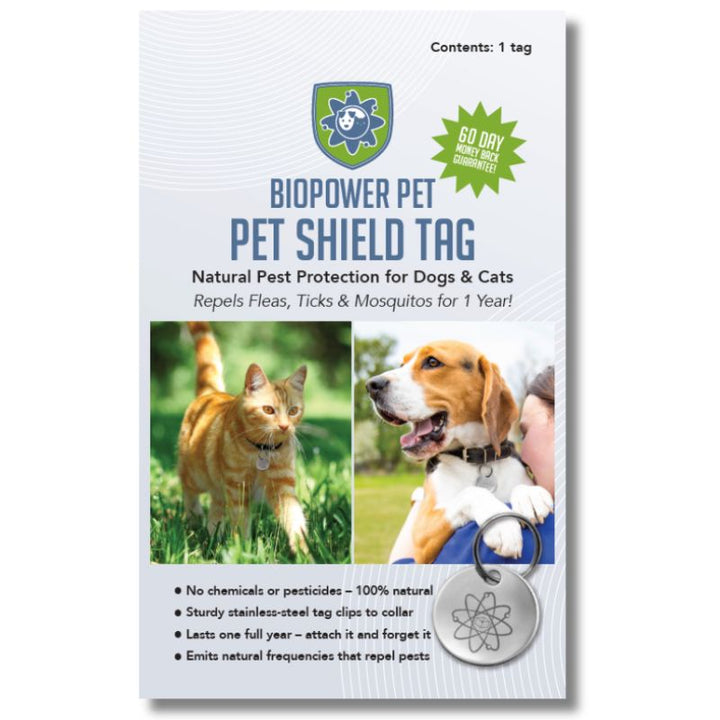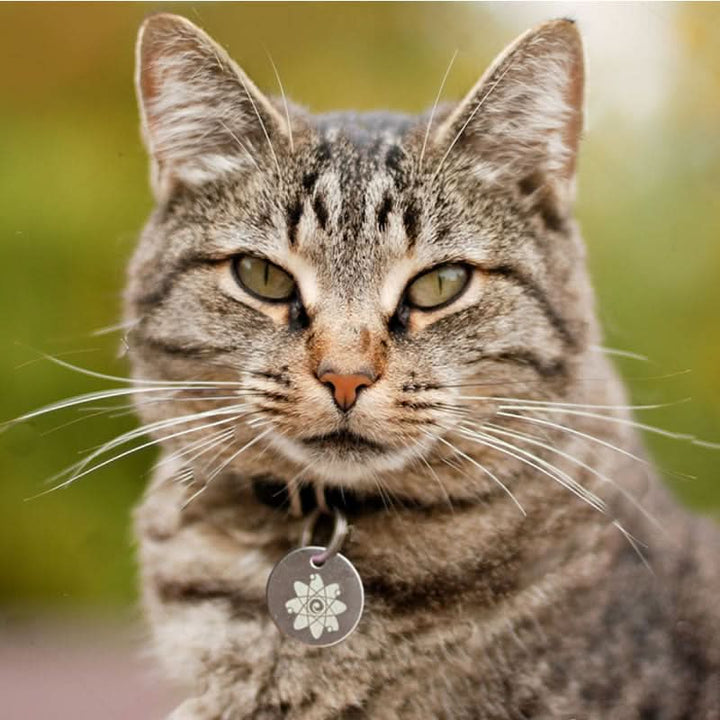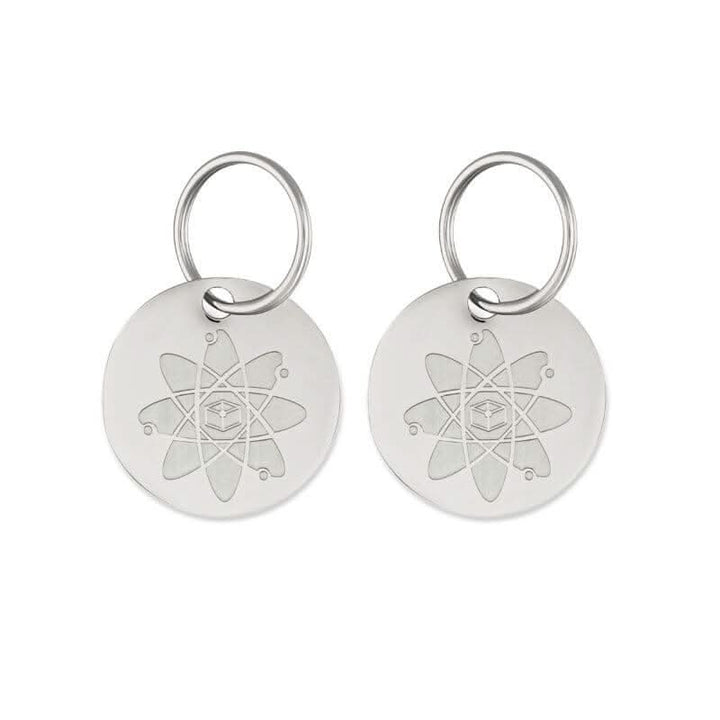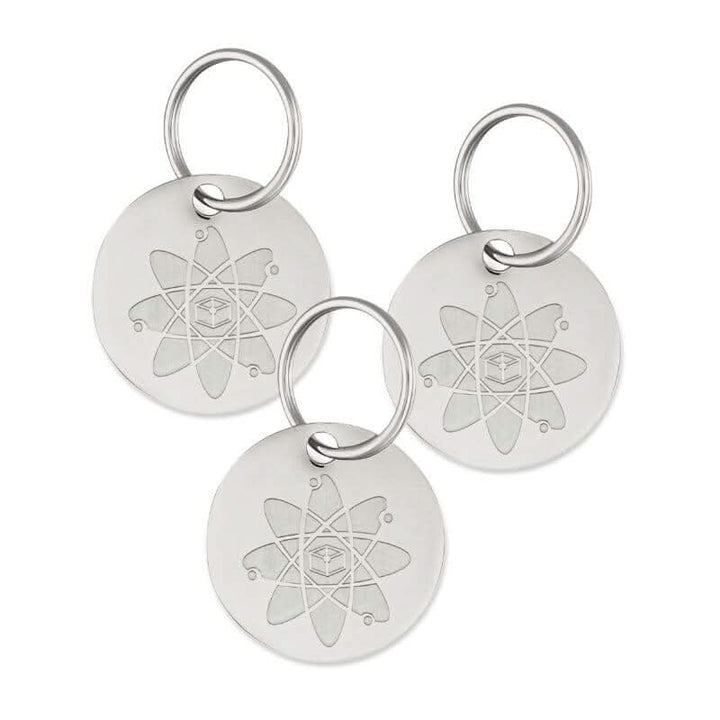Mosquito Repellent For Cats
As a cat parent, your companion’s comfort and safety come first, especially during mosquito season. These buzzing pests are more than an annoyance; they can transmit harmful parasites and trigger skin reactions, turning peaceful moments into stressful ones for you and your pet.
Why Mosquito Repellent For Cats Is A Must-Have
The unseen threat of mosquitoes extends beyond seasonal annoyance, especially for our feline companions. As responsible pet parents, ensuring your cat’s comfort and wellness involves safeguarding against pests whose presence can pose real risks.
Protecting Sensitive Skin
Cats have delicate skin that can easily become irritated by mosquito bites. Unlike humans, cats can't always tell us when they're uncomfortable, and scratching or grooming the bite site may lead to further irritation or even infection.
Preventing Disease Transmission
Mosquitoes can transmit a number of harmful diseases to pets, such as heartworm, a risk often underestimated in cats. Even indoor cats are not immune, as mosquitoes can easily find their way through open windows or doors.
Reducing Environmental Exposure To Chemicals
Many traditional mosquito repellents rely on synthetic chemicals, which may be harsh or unsuitable for cats. A natural, wellness-centered approach allows you to minimize your feline’s exposure to potentially harmful substances while still delivering the protection they deserve.
Encouraging A Safe Outdoor Lifestyle
Whether your cat enjoys supervised backyard adventures or simply tends to lounge near open windows, the peace of mind that comes with effective mosquito defense lets you and your pet enjoy the outdoors without worry.
Health Risks Mosquitoes Pose To Cats
Mosquitoes are more than just a nuisance for our feline friends. These tiny insects can expose cats to a variety of health risks, making it important for pet parents to stay informed and proactive in their approach to wellness.
Transmitting Heartworm Disease
While heartworm is often associated with dogs, cats are also susceptible to this parasite. Mosquitoes serve as carriers, transferring heartworm larvae from one animal to another through their bites. Even a single worm can cause significant respiratory and cardiovascular problems in cats, as their bodies are less capable of handling the parasite.
Triggering Allergic Reactions
Some cats are hypersensitive to mosquito saliva. Bites can lead to swelling, redness, itching, or even painful welts. Persistent scratching may damage the skin, leaving it vulnerable to secondary infections.
Risk Of Secondary Infections
When a cat scratches or bites at mosquito irritations, the skin's protective barrier is often compromised. This creates an entry point for bacteria, increasing the risk of localized skin infections and complicating the healing process.
Why Flea Collars And Anti-Flea Neckbands Aren't Enough
Many pet owners use traditional flea collars and anti-flea neckbands to protect your cat from mosquitoes and other biting pests. These solutions may seem convenient, but they often fail to provide the holistic and gentle protection today’s cat parents seek. Here’s why:
Limited Protection Against Mosquitoes
Conventional collars and neckbands are primarily formulated to target fleas and sometimes ticks. However, their active ingredients are not always effective at repelling mosquitoes, leaving your cat vulnerable to bites and potential diseases those insects can carry.
Chemical Concerns And Sensitivities
Traditional flea collars typically rely on chemicals or pesticides that can be harsh on sensitive feline skin. Cats, being meticulous groomers, are especially prone to ingesting these substances during routine self-cleaning. Over time, exposure can contribute to allergic reactions or more serious health concerns, particularly for households striving to limit chemical exposure.
Inconsistent Barrier
Collars only protect the area around your cat’s neck, exposing the rest of their body, especially when cats are out exploring or lounging in sunbeams. Many neckbands do not form a comprehensive barrier, resulting in inadequate real-world pest protection during peak mosquito activity.
Short Lifespan And Frequent Replacement
Most anti-flea collars must be replaced every few months to remain effective, and their performance can decrease if they get wet or dirty. For busy pet parents or those seeking a more sustainable solution, the need for constant replacement can quickly become frustrating, costly, and environmentally taxing.

Natural Mosquito Repellent For Cats
Natural mosquito repellents are an appealing option for cat parents looking to avoid harsh chemicals. These solutions focus on wellness, using plant-based ingredients and holistic methods to offer safe, gentle protection.
Plant-Based Solutions
Many natural repellents use essential oils like citronella, lemongrass, or lavender, each known for helping repel mosquitoes. When properly diluted and formulated for pets, these botanical ingredients can provide a layer of protection without introducing toxic substances into your cat’s environment. For dog owners, pairing these methods with a natural flea spray for dogs can help ensure the entire household stays protected.
Bioenergetic And Barrier Approaches
Some modern natural repellents incorporate bioenergetic frequencies or rely on creating a physical or energetic barrier around your pet. These non-invasive solutions are gaining popularity among wellness-focused cat owners, offering deterrence without exposing felines to synthetic chemicals or residues.
Routine & Environmental Adjustments
Pairing natural repellents with mindful daily routines, like keeping window screens secured, using mosquito-proof bedding, and avoiding dusk-time outdoor visits, can help reinforce your efforts. Regular cleaning and minimizing standing water are equally important in making your home less hospitable to mosquitoes.
Comparing Different Types Of Mosquito Repellents
Choosing a mosquito repellent for cats can feel overwhelming, especially for pet parents committed to natural, toxin-free care. Understanding the different options on the market can help you make the best, safest choice for your feline companion’s unique needs.
Chemical-Based Repellents
Conventional chemical repellents often contain ingredients like permethrin or pyrethroids. While these formulations can be effective, they are generally not recommended for cats due to potential toxicity. Cats are susceptible to certain pesticides, and accidental exposure, even through contact with treated dogs, can cause harmful side effects.
Essential Oil Sprays
Plant-based sprays featuring essential oils such as citronella, lemongrass, or eucalyptus offer a popular natural approach. These are often free from harsh chemicals, but using only sprays specifically made for cats is important. Some essential oils, including tea tree and peppermint, can be irritating or toxic to felines, even in diluted forms. Always consult a veterinarian before applying any new topical product.
Bioresonance And Frequency-Based Solutions
Recently, innovations in pet wellness have produced non-toxic, frequency-based repellents. These typically utilize natural materials or bioenergetic technology to create a protective barrier around the pet without relying on direct chemical action. While research in this area is ongoing, these options appeal to those seeking holistic, low-maintenance pest defense that aligns with wellness-focused lifestyles.
Physical Barriers And Environmental Control
Key supportive measures include mosquito nets, window screens, and keeping cats indoors during peak pest periods. These are non-invasive, chemical-free ways to minimize risk, especially for highly sensitive animals or multi-pet households.
How To Use A Safe Mosquito Repellent With Your Cat
Choosing a mosquito repellent for your cat requires thoughtfulness and a focus on overall well-being. Here’s how to use effective, cat-friendly repellents while supporting your cat’s health and comfort.
Select Cat-Specific, Natural Formulas
Always opt for repellents specifically formulated for cats using gentle, natural ingredients. Certain oils and plant extracts safe for humans or dogs can be toxic to felines. Look for products that are non-toxic, chemical-free, and made with cat-safe essential oils or plant-based bioenergetic blends.
Follow Instructions For Application
Each product has unique application guidelines. Attach according to the instructions for wearable tags or collars, ensuring a comfortable, secure fit. If using a topical spray, apply the recommended amount to your hands first, then gently stroke it onto your cat’s fur, avoiding the face and sensitive areas. Never exceed suggested usage, as cats are highly sensitive.
Monitor For Comfort And Wellness
Observe your cat after introducing any new repellent. Signs of irritation or discomfort are uncommon with holistic formulations but should be taken seriously. If your cat seems agitated or develops skin issues, discontinue use and consult your veterinarian.
Support Protection With A Healthy Environment
Mosquito repellents are most effective alongside good home and yard practices. Eliminate standing water near your home, keep your cat indoors at peak mosquito times, and wash bedding regularly. A holistic approach provides the best foundation for safe, ongoing protection.
BioPower Pet’s Tag-Based And Spray Solution for Year-Round Protection
For cat parents who want to avoid chemicals while keeping pests at bay, BioPower Pet offers a gentle, holistic alternative to traditional repellents. Our science-backed solutions combine bioresonance technology with naturally derived ingredients, giving you peace of mind and the comfort and safety your cat deserves.
The Frequency Tag: Long-Lasting, Hassle-Free Defense
Our bioenergetic tag uses advanced bioresonance technology to emit subtle frequencies that help support your cat’s natural energy field. This energetic shield is designed to deter mosquitoes, fleas, and ticks without introducing any harsh substances. Simply attach the tag to your cat’s collar and enjoy:
- Continuous protection—24/7, rain or shine
- No refills, batteries, or recharges required
- One tag provides up to a full year of safe, silent defense
It’s the ideal set-it-and-forget-it option for busy households.
The Energized Spray: Natural, On-Demand Support
Need added protection during high-risk seasons or before outdoor playtime? Our natural spray blends purified spring water and citronella oil, energized through the same frequency-based process. Just mist your cat’s fur or bedding for an extra layer of plant-powered defense. This chemical-free formula is:
- Safe for sensitive skin and curious noses
- Non-greasy and residue-free
- Fast-drying with a mild, natural scent
Pet parents often combine this with a flea and tick spray for dogs and cats in multi-pet homes, ensuring complete protection across species.
Simple, Flexible Protection—Without Compromise
Whether your cat is an adventurous outdoor prowler or a content indoor cuddler, BioPower Pet’s holistic mosquito repellents offer flexible, reliable coverage. Use the tag and spray together for comprehensive defense, or individually to suit your cat’s lifestyle and seasonal needs. With no harsh ingredients or synthetic additives, you can protect your pet naturally, all while avoiding the mess, maintenance, and worry of conventional treatments.
Read also:
Frequently asked question
Not all mosquito repellents are safe for cats. To ensure gentle, non-toxic protection, look for products specifically designed for feline use, like BioPower Pet’s natural and chemical-free solutions.
No, never use human mosquito repellents on cats. Ingredients such as DEET and certain essential oils can be toxic to felines, causing serious health risks.
This depends on the product. BioPower Pet’s Pet Shield Tag offers continuous protection for up to a year, while the Pet Shield Spray can be reapplied as directed, typically before outdoor activity or as needed for ongoing defense.
Mosquito repellents help deter bites but do not guarantee complete heartworm prevention, as mosquitoes transmit the disease. Speak to your veterinarian about comprehensive heartworm prevention strategies.
Watch for signs such as excessive drooling, vomiting, skin irritation, or unusual behavior. If your cat shows any of these symptoms after exposure to a repellent, consult your veterinarian.
If your cat licks a repellent, check the product’s safety instructions. The risk is minimal for BioPower Pet’s chemical-free solutions, but if any signs of distress occur, seek veterinary advice promptly.


